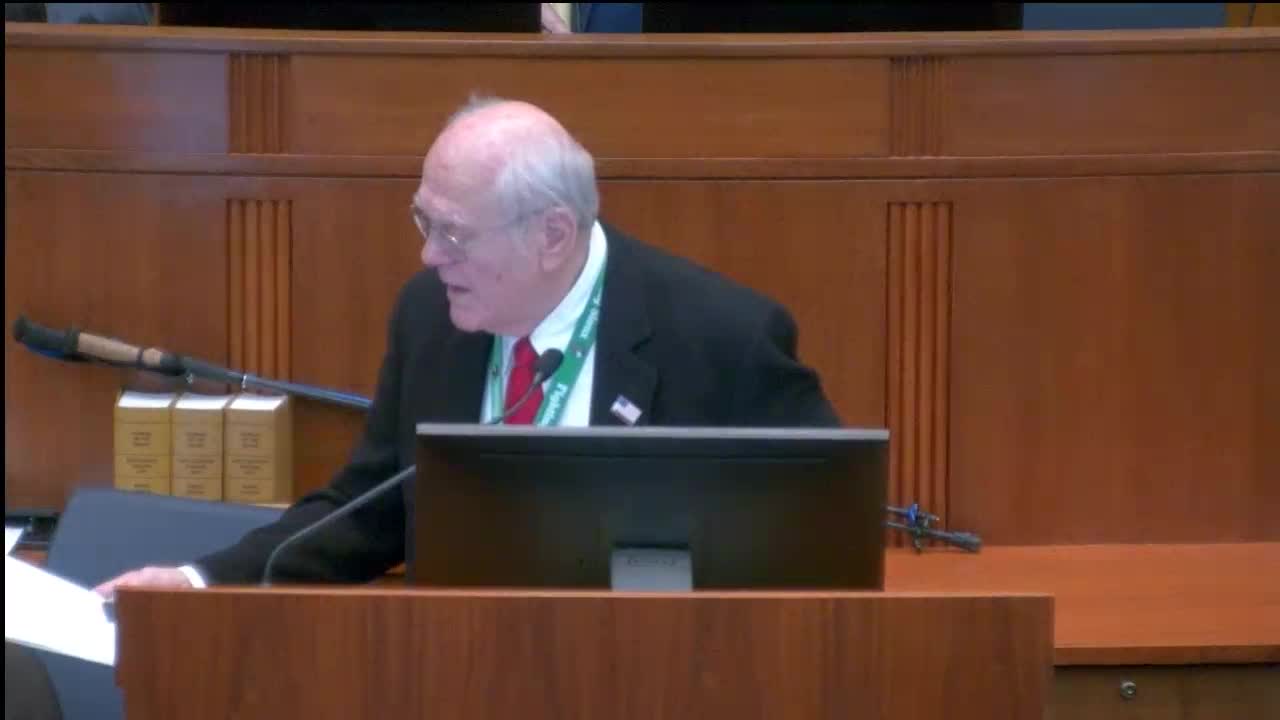Article not found
This article is no longer available. But don't worry—we've gathered other articles that discuss the same topic.

Votes at a glance: Key outcomes from the North Dakota House floor session

Lawmakers debate unusual resolution urging U.S. diplomatic efforts on Greenland annexation

House approves bill barring state funding for public broadcasting after floor debate over gaming revenue and towers

